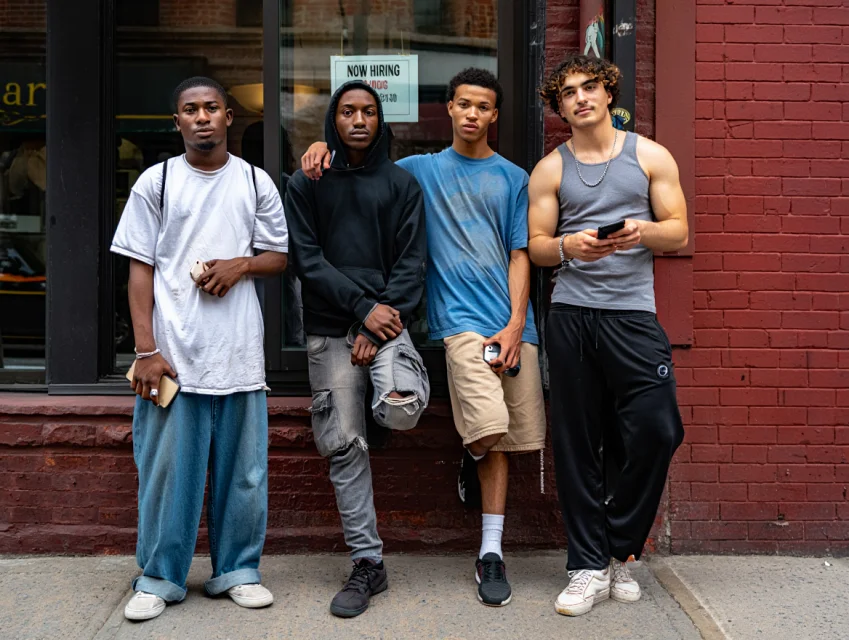The job market isn’t working the way it used to—especially for young men. Despite holding college degrees, many Gen Z males are finding themselves locked out of entry-level jobs. According to the latest data from the Federal Reserve, unemployment among recent college graduates has risen to 5.5%, and for men, that rate now mirrors the jobless levels of those without any college education.
This is a startling shift from just over a decade ago. Around 2010, men without college degrees were facing unemployment rates north of 15%, while their degree-holding peers were closer to 7%. Today, that advantage has nearly vanished.
A Financial Times analysis of U.S. Current Population Survey data highlights how the supposed safety net of a college degree is no longer providing the boost it once promised. Employers are increasingly less focused on credentials when hiring for junior roles, leaving many young male graduates unemployed, disillusioned, or stuck in a long job hunt.
Women Are Faring Better—Thanks to Health Care and Flexibility
Interestingly, this trend isn’t affecting everyone equally. The unemployment rate for young, college-educated women is around 4%—a full three percentage points lower than for their male counterparts. Much of this has to do with where women are looking for jobs.
Health care, a sector that is both growing rapidly and widely considered recession-resistant, attracts a higher percentage of female job seekers. According to the U.S. Bureau of Labor Statistics, about 1.9 million new openings are expected annually in health care over the next decade.
Priya Rathod, a career expert at Indeed, emphasized that “health care is a classic recession-resistant industry because medical care is always in demand.” This consistent demand has protected young women entering the field and given them more job security in uncertain times.
Additionally, women tend to approach job hunting more flexibly. As Lewis Maleh, CEO of global recruitment firm Bentley Lewis, noted, “Women tend to be more flexible in accepting job offers, even if they’re not perfectly aligned with their career goals or are part-time or they are overqualified for.” By contrast, many young men are waiting for the “right” job—one that aligns with their ideal career path and offers perceived status or compensation.
Skipping College for the Trades
Some Gen Z men aren’t even bothering with college anymore—and many say they’re better off. Since 2011, the number of male college students has dropped by about 1 million, compared to a 200,000 decline among women, according to Pew Research.
Instead, many young men are turning to the skilled trades. Enrollment at two-year public vocational schools has surged by 20% since 2020, with over 850,000 new students, according to the National Student Clearinghouse.
This pivot is catching the attention of high-profile entrepreneurs. “Vocational training and learning how to be a carpenter or a mechanic or any of those jobs is a huge field with huge opportunities that pays really, really well,” said Daniel Lubetzky, founder of KIND bars and new Shark Tank judge, in an interview with Fortune. “I don’t think college is an end-all, be-all or required thing.”
It’s a sentiment echoed by many Gen Z men—especially those who have watched their peers spend years chasing office jobs that never materialized. With 11% of young people now considered NEET (not in employment, education, or training), the shift toward vocational work may be more necessity than rebellion.
The message is clear: in today’s volatile job market, Gen Z men are redefining what success looks like—and more often than not, it doesn’t involve a diploma.
Note to our readers: The information in this article is supported by data from credible sources, including the National Student Clearinghouse, Pew Research, and the U.S. Bureau of Labor Statistics, which provide insights into college enrollment trends and labor market shifts. Additional analysis from the Federal Reserve Bank of New York, Financial Times, and perspectives from Fortune help contextualize the changing value of a college degree in today’s economy. All claims have been reviewed for accuracy and reliability.



